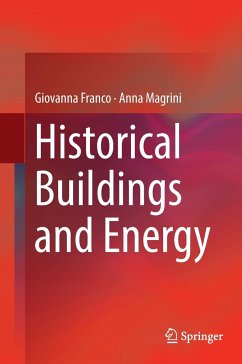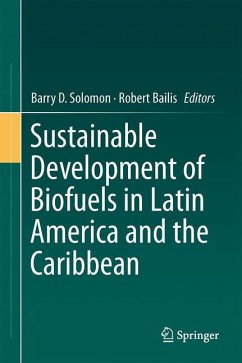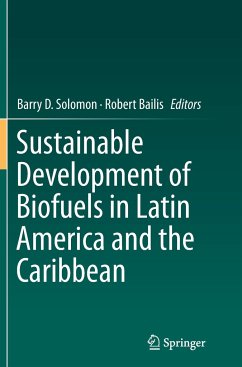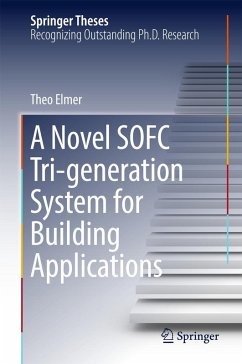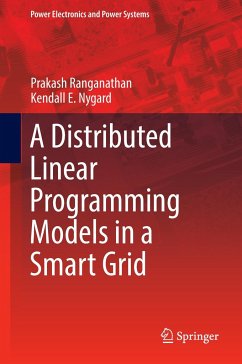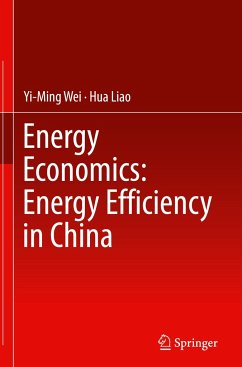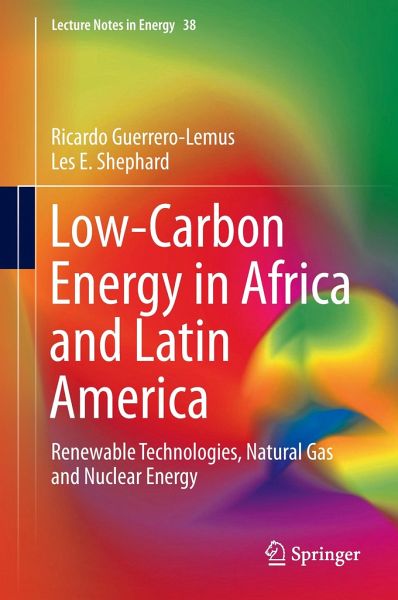
Low-Carbon Energy in Africa and Latin America
Renewable Technologies, Natural Gas and Nuclear Energy
Versandkostenfrei!
Versandfertig in 6-10 Tagen
98,99 €
inkl. MwSt.
Weitere Ausgaben:

PAYBACK Punkte
49 °P sammeln!
This book offers a comprehensive overview of energy sectors in emerging African and Latin American nations, providing a one-stop source of information and analysis of energy sectors that differ radically from those of developed countries. It focuses on how indigenous energy sources can be used within a systems framework to enhance each nation's economic prosperity, secure their energy future and reduce global carbon emissions. It begins by examining the current energy trends in Africa and Latin America, and the constraints that current practices place on meeting future energy needs. Further ch...
This book offers a comprehensive overview of energy sectors in emerging African and Latin American nations, providing a one-stop source of information and analysis of energy sectors that differ radically from those of developed countries. It focuses on how indigenous energy sources can be used within a systems framework to enhance each nation's economic prosperity, secure their energy future and reduce global carbon emissions. It begins by examining the current energy trends in Africa and Latin America, and the constraints that current practices place on meeting future energy needs. Further chapters present a deeper analyses of each technology adapted to these regions and a description of 94 selected case examples recently published in the scientific literature (2014-2016) and covering almost all countries to highlight energy experiences that could serve as engines for developing low-carbon energy technologies across the two regions. These issues are elucidated by a large number of illustrations and tables to offer valuable insights into the topics and technologies discussed. The book enables students, researchers and professionals in energy to better understand the energy context in Africa and Latin America, and helps define strategies for supporting these regions in introducing low-carbon energy technologies that supplement indigenous sources in a manner that enhances long-term economic prosperity. It is also intended for consulting companies and government agencies involved in the energy sector, as well as environmental science and energy management students.





